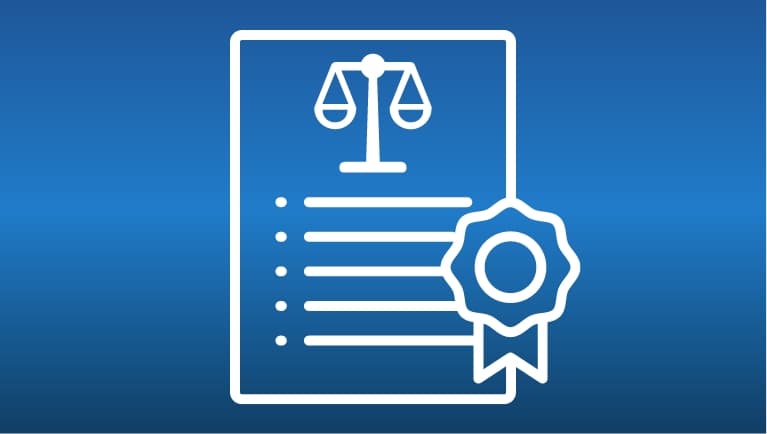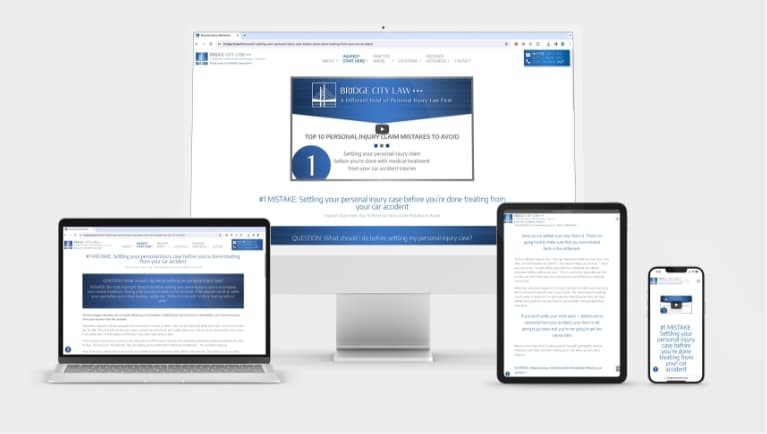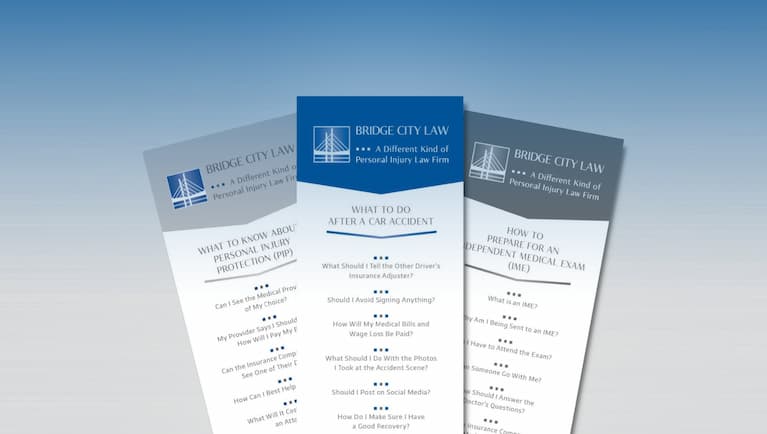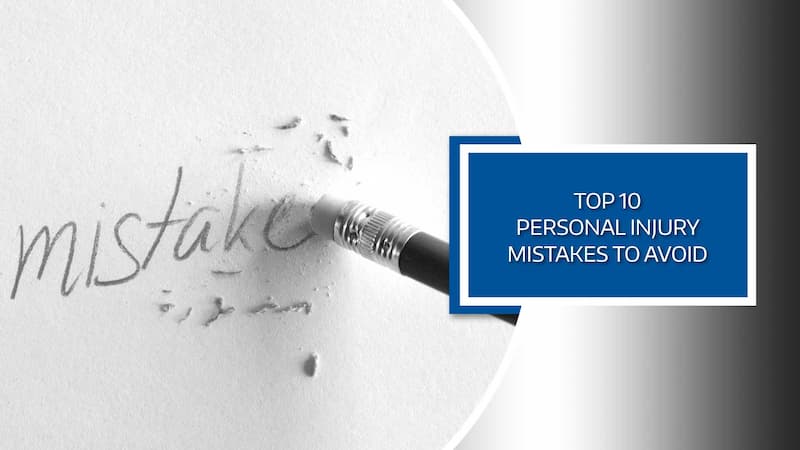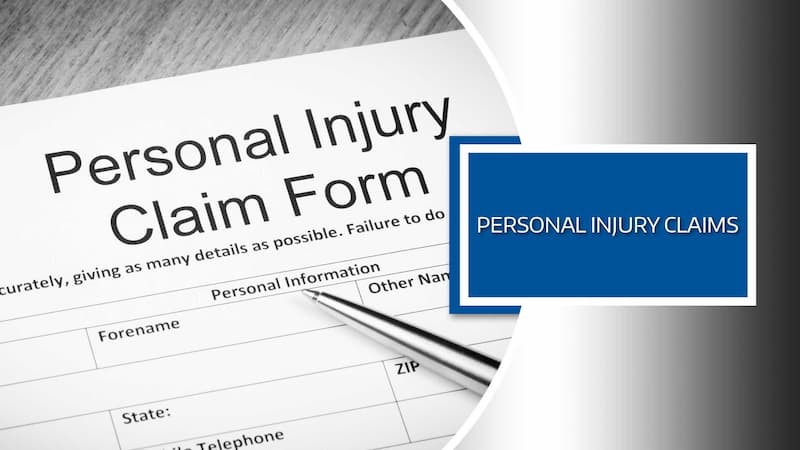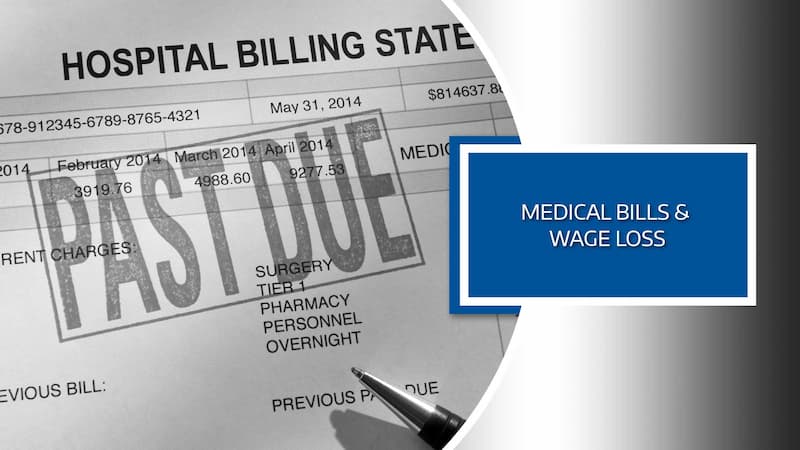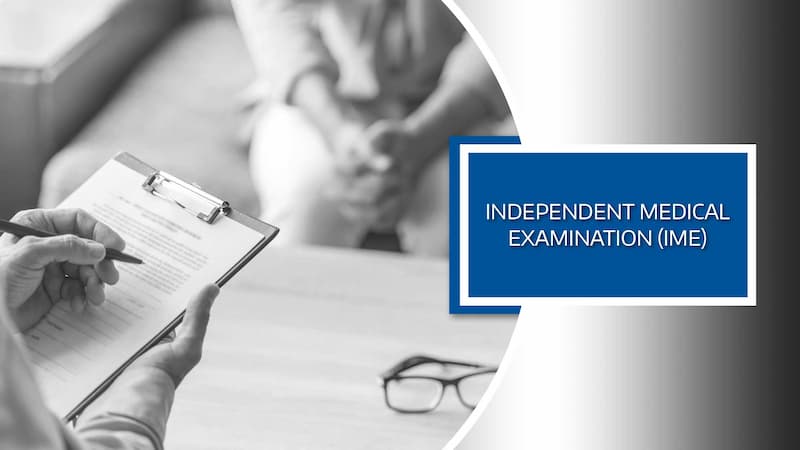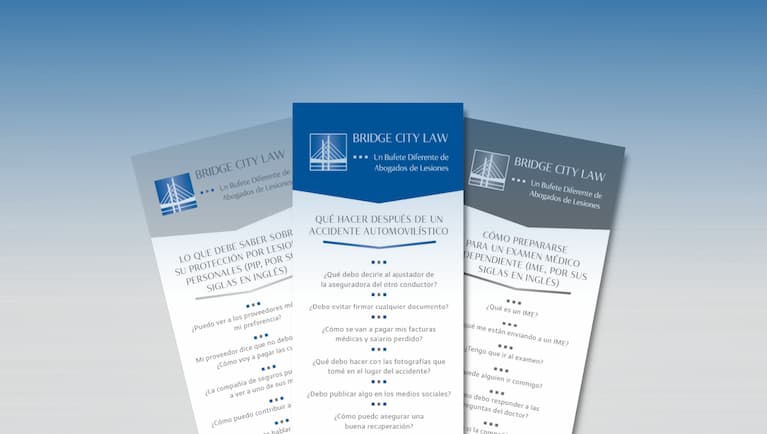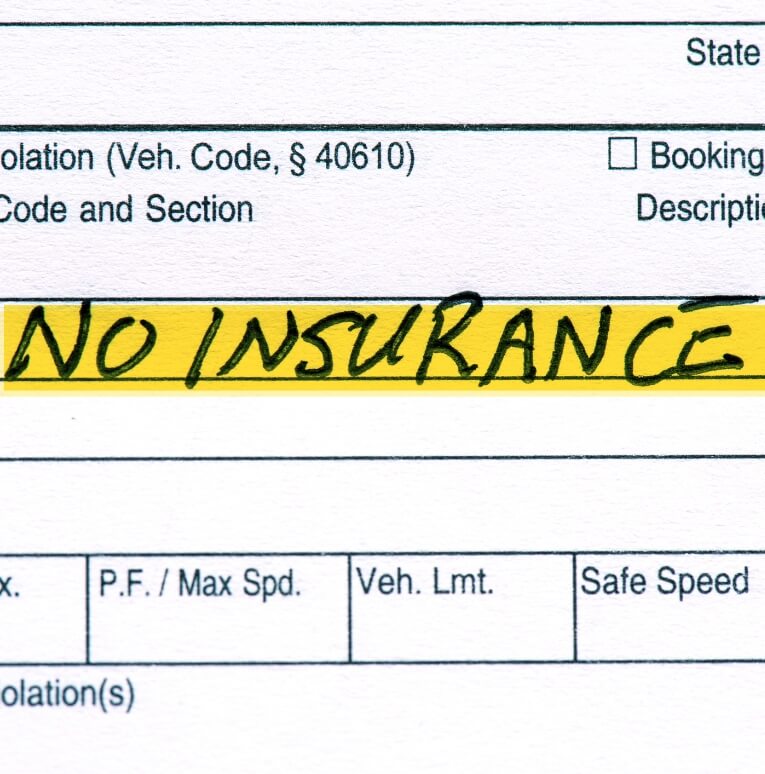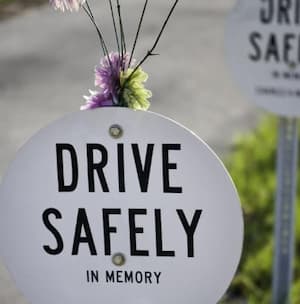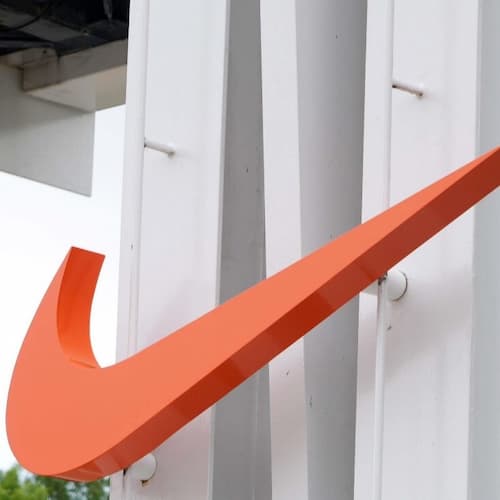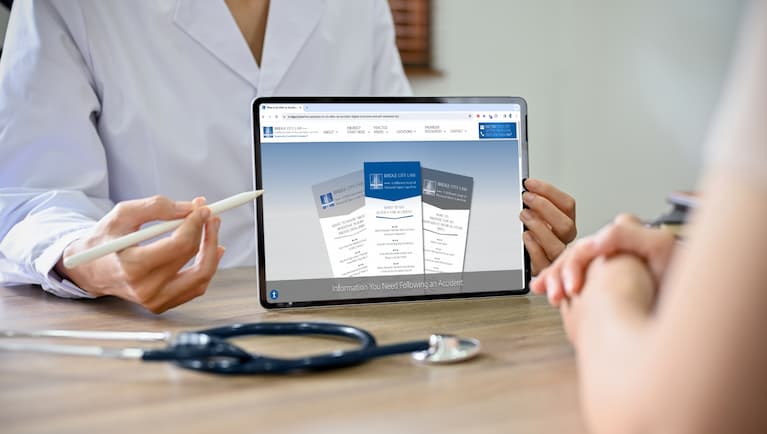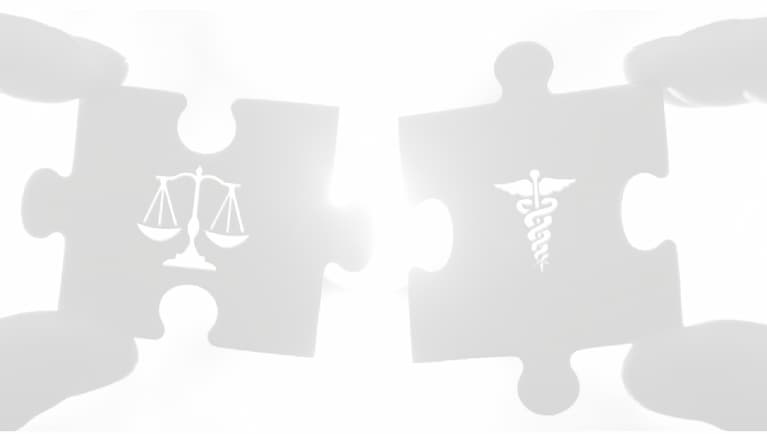#6 Should my patient sign a medical records release authorization for the at fault driver’s insurance company?
QUESTION: Should my patient sign a medical records release authorization for the at-fault party‘s insurance company?
ANSWER: Advising your patients against signing a medical records release authorization for the at-fault party’s insurance company before they finish treatment from their car accident will protect their claim. Insurance companies coerce people who have been injured in an accident to sign the release authorization early in their treatment to limit their financial responsibility. Patients should wait until they’re completely done treating to sign the release, ensuring their medical history isn’t used against them and prevents them from getting the medical care they need.
Should my patient sign a medical records release authorization from the at-fault party‘s insurance company?
Absolutely not.
That being said, it is way easier to say that to a patient, than it is for them to actually not sign it. Your patient may understandably want to be cooperative and believe that signing the medical records release authorization is the right thing to do.
The other person’s insurance company will often say, “We can’t process your claim and we won’t be able to settle your claim without your signed release authorization.” They may even say, “We are going to close your claim if you don’t provide us with the signed form.” These are tactics the insurance company uses to try and force your patient to sign the release authorization form.
Their intention is for your patient to feel that they’re not being cooperative and to force them into providing the signed document.
If you feel comfortable talking with your patient about their personal injury claim, it’s important to help them understand why they should NOT sign the medical records release authorization. What we often see is the other person’s insurance company will review the medical records for the person injured in an accident, then call their PIP carrier, and say, “We don’t think the injuries you’re providing treatment for are related to the motor vehicle collision and we’re not going to pay anymore medical bills.”
The next step the insurance company will take is to send your patient to an Insurance Medical Exam (IME), which 95% of the time results in a medical report written by a doctor in their network that says that the injuries were not related to your patient’s accident.
The medical report is just what the insurance company needs to ‘justify’ stopping payment for your patient’s treatment.
When we talk with clients about why not to sign the medical records release authorization, we explain that:
- It is true that the insurance company will need to have their signed medical records release authorization to evaluate their claim and in order to settle it. BUT, the insurance company does not need it until your patient is done treating.
- The other person’s insurance company is going to use any information in your patient’s medical records they possibly can against your patient.
- Your patient can respectfully respond to the insurance company’s request for them to sign the authorization form with “I’m happy to sign the medical records release authorization when I’m done treating.”
- The insurance company can’t shut down your patient’s claim and nothing bad will happen if they wait to sign the authorization until they’re done treating.
We take the time to walk our clients through why the insurance company is trying to force them to sign the form so they will understand why they should NOT sign it. By explaining the reasons AND giving them a reasonable response for the insurance adjuster, we increase the likelihood they will not sign the release authorization.
If you have questions about how to have this important conversation with your patients, we’re happy to talk with you about your patient’s specific situation.
We’re here to be a bridge of support for you and your patients.
We have developed a robust library of information for your patients who have been injured in an accident, which can be found in the INJURED? START HERE portal on our website.
There are 40 topic-focused articles, with accompanying videos, organized into the four categories that include the personal injury claim-related questions we’re asked most often, which include:
- Top 10 Personal Injury Claim Mistakes to Avoid
- What You Need to Know About Your Claim
- How Are My Medical Bills & Wage Loss Paid
- How to Prepare for Your Independent Medical Exam
Each article provides advice and guidelines to help your patients navigate each phase of the personal injury claims process. Whether we represent your patient or not, we are passionate about them knowing how to protect their rights, get the medical care they need, and avoid the mistakes that can harm their personal injury claim.
Each article provides advice and guidelines to help your patients navigate each phase of the personal injury claims process. Whether we represent your patient or not, we are passionate about them knowing how to protect their rights, get the medical care they need, and avoid the mistakes that can harm their personal injury claim.
Additionally, if it would be helpful to have the information we feature on our website available in your office to pass along to your patients, we’ve developed brochures for each of the four article series -- in both English and Spanish that we’re happy to send to your office. Please complete the form below and we’ll get them out to you promptly.












